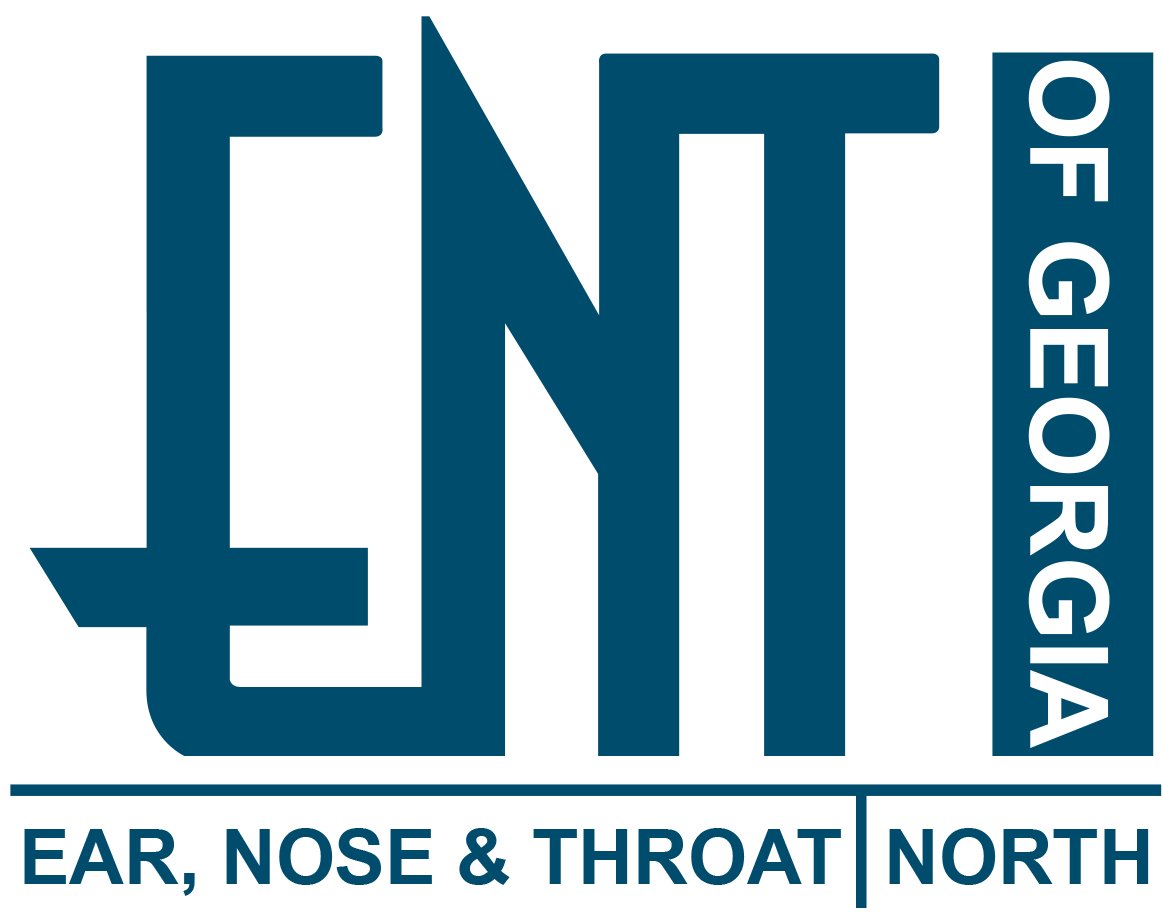Nosebleed Treatments, Managment, and Prevention
Though common and sometimes frightening, nosebleeds are rarely anything more than a nuisance. They are usually the result of minor trauma in the nasal passages, and are common in children.
What Causes Nosebleeds?
When the membranes lining the inside of the nose dry out and become irritated, the blood vessels break, causing a nosebleed. Nosebleeds are common during sleep, after trauma, when emotionally upset, or overheated. Often nosebleeds will occur in clusters. These are more common in the winter months, when the air is cold and dry. Other factors that may contribute to nosebleeds include colds and allergies, sinus infections, nose picking, blowing the nose too hard, frequent sneezing, overuse of nasal sprays, foreign objects in the nose, and trauma to the nose.
In more rare cases nosebleeds can be a symptom of an underlying bleeding disorder or tumor.
How Are Nosebleeds Treated?
If your child is experiencing a nosebleed, first and foremost, stay calm! Though their nosebleed may look serious, chances are there is much less blood than appearances would lead you to believe. Have your child sit down and lean forward slightly while pinching their nostrils together using a thumb and index finger. Have them hold this position for at least five minutes, or until the bleeding has stopped. Avoid placing anything in their nose.
If your child is prone to frequent nosebleeds, there are steps you can take to prevent them. Keep the nasal lining moist with nasal saline spray, at least twice a day for a month whether they have a nosebleed or not. Often times this alone will resolve nosebleeds that have been occurring for years. If your child uses Flonase or other nasal steroid spray, stop, for this can contribute to nosebleeds. If you need to treat allergies stick to avoiding allergens, antihistamines, or allergy shots.
Most patients I can treat without any sort of surgical intervention. For those that don’t respond to traditional preventative strategies, nasal cautery can be an option. Often this can be performed in the office. Occasionally it is done in the OR. Rarer still, nasal packing is utilized. Bleeding disorder evaluation is considered in more extreme cases.
Call Dr. Sipp at (404) 591-1426 for more information or to schedule an appointment.

